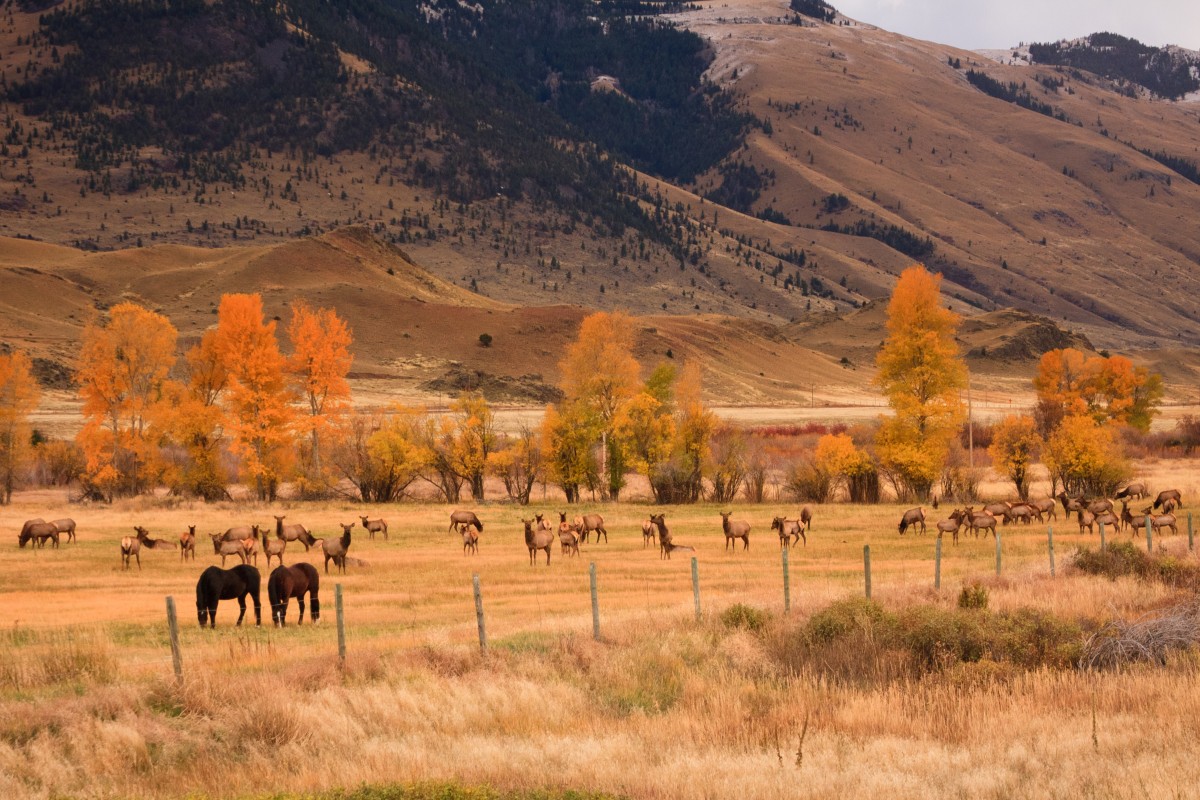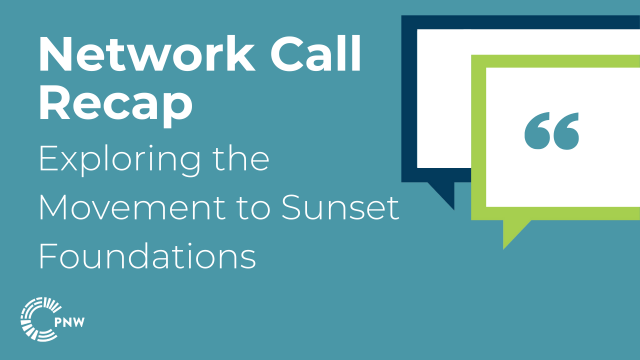
Kim Moore is a featured speaker on an upcoming Philanthropy Northwest webinar called “The Art and Practice of Rural Health Philanthropy” that is taking place on August 7. Alongside Antony Chiang and Brian Meyers of Empire Health Foundation, they’ll discuss the findings from The Rural Philanthropic Analysis Report featuring a case study in Eastern Washington.
Many foundations are taking steps to include rural constituencies in their work. We studied this work around the country in The Rural Philanthropy Analysis and developed five strategies uniquely important to grantmakers funding rural projects.
Build your internal rural voice: This may be through recruiting board members from rural areas, employing program staff with a significant rural background, locating program staff in rural areas or seeking greater participation of rural voices on advisory committees or panels. We see that effective rural grantmakers identify rural leaders and key stakeholders, then watch for opportunities to connect these rural leaders to statewide or national groups and meetings such as trade associations, governmental panels, conferences and workshops. This practice is critical in rural work because the vision for change comes from local leadership rather than a foundation’s pre-determined strategy.
Go the extra mile to reach potential grantees: Funders usually need extra outreach to get the word out to rural grant applicants. Rural organizations face distance and cost barriers to attend grantee training and workshops. Funders may need to offer travel assistance, rural and schedule meetings around long travel times. Webinars can help inform more potential grantees, but sometimes even webinars are inaccessible due to rural broadband gaps. Making sure information reaches rural positional leaders, and the local leaders they are connected to is important. This is because non-profit organizations are often scarce in rural areas, but government agencies are the most ever-present social and health services groups. Including positional leaders in those government agencies—health departments, schools, extension services, public hospitals, court systems and municipalities—on distribution lists for rural areas increases the likelihood the information will get to the right people, even when the agencies themselves are not likely to apply for your grants.
Develop long-term relationships with rural leaders and organizations: These relationships stem from a genuine interest in the needs, assets and possibilities of rural America. The leaders of many rural and underserved communities have experienced frustration with funders who do not understand their circumstances. Giving rural organizations and leaders the opportunity to self-design work within the broadest possible foundation parameters can be very helpful and works to build relationships. Funders may need to be open and willing to learn rural practices and even to alter standard funding processes to create the relationships needed in rural communities.
Grantmaking in rural areas is not generic: In Kansas, I dealt with rural counties that had declined in population each census for 100 years and were struggling with infrastructure designed for populations five times larger. A change had consistently meant loss. Other rural areas have been hit with recent significant industry loss—mining or manufacturing—and are struggling to adjust to new economic challenges. Explosive growth and diversity are also rural realities due to a new industry, immigration and urbanization in formerly rural communities. Rather than seeing this variability in rural areas as daunting, it creates opportunities for testing and remodeling interventions in manageable, multiple environmental conditions.
With intention, foundations can be successful funding partners in rural communities: Many foundations are doing so and are great potential sources of further insights for those just moving into rural work. Beyond the principal reason for meeting the needs of rural America, you can find a new set of meaningful relationships and a powerful learning environment influencing all your work.
Kim Moore
Retired President, United Methodist Health Ministry Fund, Hutchinson Kansas
Non-profit Consultant, Achieve Philanthropy LLC

